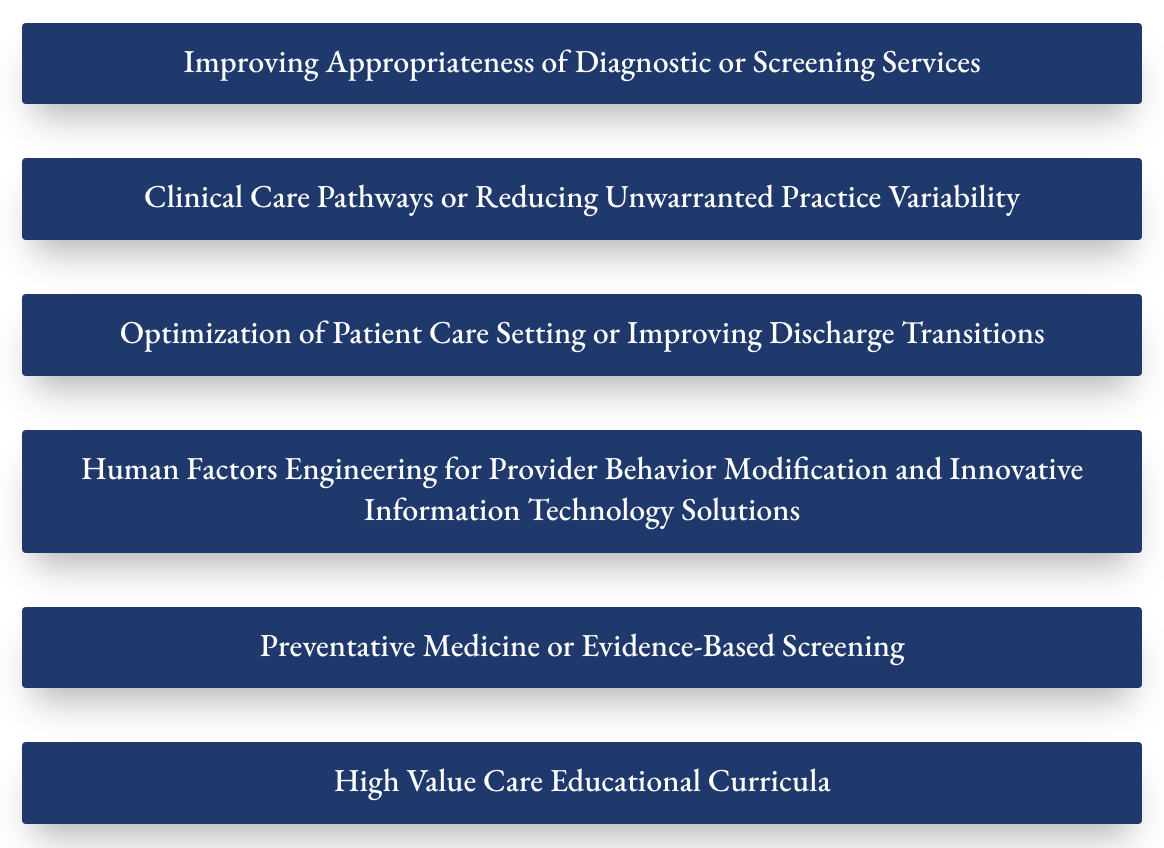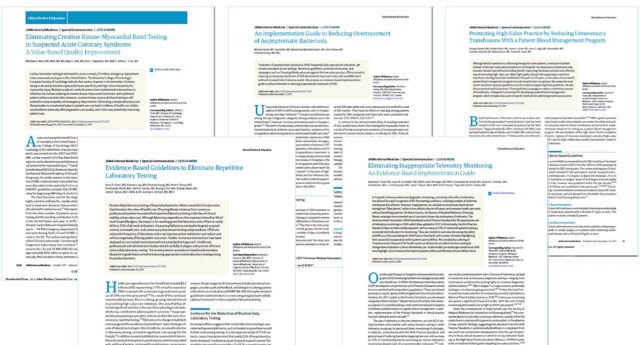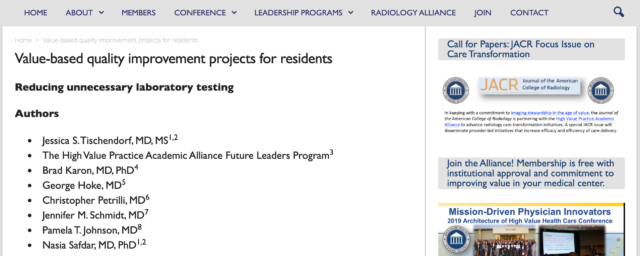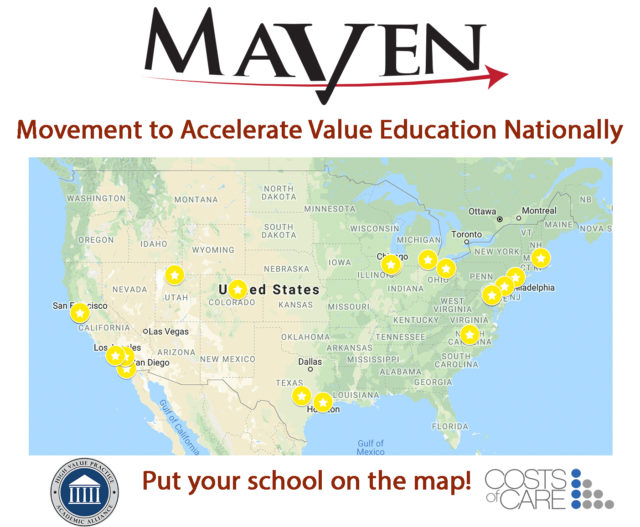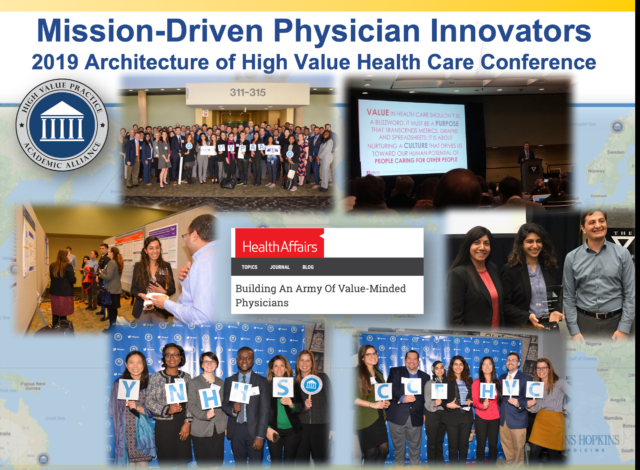From the 2019 HVPAA National Conference
Dr. Katy Dumas (Prisma Health – Upstate Greenville Memorial Hospital), Dr. Lauren Demosthenes (University of South Carolina School of Medicine – Greenville), Dr. Sarah Fabiano (Prisma Health – Upstate Greenville Memorial Hospital)
Background
The CDC estimates that 130 Americans die from an opioid overdose every day [1]. As this number continues to climb, so do opioid-related Emergency Department (ED) visits, which increased by 30% between 2016-2017 [2]. Unfortunately, many patients who receive life-saving interventions in the ED go on to overdose again. A recent study from Massachusetts suggests that 15% of these patients who receive naloxone resuscitation will still die within one year [4]. Furthermore, only 1 in 10 individuals with substance use disorder (SUD) actually receive substance-related treatment [5].
While there is limited research to support best treatment practices, one treatment model, the peer recovery coaching model has been studied. This model utilizes peer recovery coaches, who are mentors in long-term recovery, to assist individuals in developing recovery goals, action plans, and problem-solving skills for sober living. There is moderate-level evidence to support that it leads to reduced relapse rates, increased treatment retention, and improved patient-provider relationships [6].
Objective
Our primary objective is to determine if peer counseling, initiated at the time that patients present to the ED for opioid overdose, can lead to decreased opioid-related morbidity and mortality.
Methods
This initiative, entitled FORCE (FAVOR Opioid Recovery Coaching Evaluation), is a longitudinal prospective cohort study. We partnered with our community recovery organization, FAVOR (Faces and Voices of Recovery) Greenville, to integrate peer recovery coaching services into the ED. All patients who present to Greenville Memorial Hospital with an unintentional opioid overdose are automatically offered peer counseling and the opportunity to enroll in peer recovery support services while they are still in the ED. Following discharge, participants work with a Certified Peer Recovery Support Specialist. This is free and does not come with stipulations around substance use. We will track these patients for 1.5 years, comparing their utilization of hospital resources in the year prior to and following enrollment.
Results
To date 178 (82%) out of 182 identified patients, consented to participate in the FORCE study. Of those, 114 (64%) participants remain actively engaged in coaching services, defined by at least monthly contact with FAVOR staff. The average length of participant engagement is 184 days (6.1 months). Three patients (1.6%) died of accidental overdose while receiving recovery services.
Conclusions
Currently, 65% of enrolled participants are still engaged in recovery services (mean duration 6.1 months). This data can be compared to a similar study, which showed 30-day treatment retention rates of 37% and 45% for patients who received treatment referrals or SBIRT + treatment referrals. Our intervention is, therefore, showing a 1.5-2–fold increase in treatment retention [7].
Three patients (1.6%) in our study died following our intervention, based on average of 110,000 visits per year. According to the CDC the age adjusted rate of opioid-overdose deaths in 2017 was 20.5/100,000 in South Carolina, suggesting that peer recovery coaching may impact mortality.
Implications
Preliminary results from our study indicate that we can more effectively engage patients who have experienced an opioid overdose by incorporating peer recovery support specialists into our health care team.
